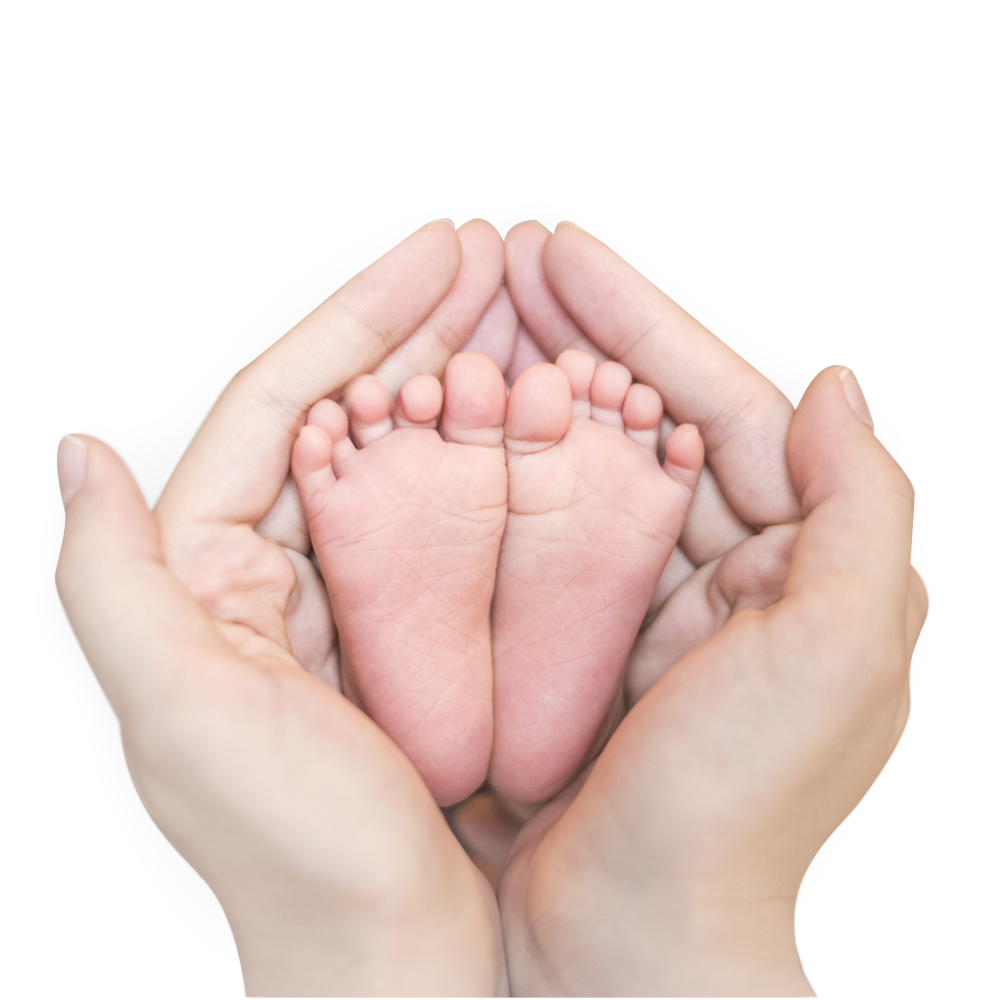This website uses cookies so that we can provide you with the best user experience possible. Cookie information is stored in your browser and performs functions such as recognising you when you return to our website and helping our team to understand which sections of the website you find most interesting and useful.

Birth injury claims. Contact us to make a claim. We are here to help you 0800 808 9740
For many women, giving birth is one of the happiest times of their lives. It’s estimated that there are around 700,000 successful births in the UK every year.
The vast majority of pregnancies and births happen without any problems at all. However, when something does go wrong, the consequences can be very serious for the child and/or mother. Accidents, incompetency and medical negligence can happen and when they do, the effects can be wide-reaching. If you have been impacted by medical negligence during birth, you could be able to claim.
Why Claim?
Complications with delivery, medical inefficiencies, staffing issues, or NHS funding problems can threaten the safety of mother and baby before, during and after the birth. Birth accidents can affect either the baby or the mother and often have serious implications for the health of both.
The birth of a new baby is a very special time for the whole family. If things go wrong during pregnancy or birth, the effects can be devastating. If a mother or baby is harmed due to medical negligence or clinical negligence, a claim for personal injury compensation may be possible.
When we say “birth injuries” we mean any injury suffered by a mother or baby.
Birth Injuries Affecting Mothers
Many birth injuries that occur in mothers or children are a direct result of unnecessary hospital practices and birth malpractice. Negligent doctors performing unnecessary caesarean sections (C-sections) increase the chance of reproductive damage in the mother and birth defects in the newborn. What’s more, epidurals can weaken contractions and carry the risk of paralysis.
The main birth injuries that can affect the mother include vaginal tears, fissures, incorrect suturing (sewing) following an episiotomy or a Caesarean, failure to manage pre-eclampsia and infections:
Vaginal Tears
A vaginal tear is a rip in the skin and muscle on or near the vagina, usually in the perineum – the area between the anus and the vagina. This birth injury often occurs during the birthing process, especially if the baby’s head is very large, if the baby is in the breech position (feet first) or if the mother is having difficulty controlling the way she pushes the baby out.
Fissures
An anal fissure is a tear in the skin around the anus. However, compared with a tear, a fissure is much more painful. Birth accident fissures are connected with over-straining and excess pressure.
Episiotomy
An episiotomy is a surgical incision made through the perineum to enlarge the vagina and assist childbirth. Many children are born with the aid of an episiotomy; when complications occur or suturing is carried out incorrectly, this can result in excessive bleeding, life-threatening infections, or rectal problems.
Caesarean
Caesarean sections are usually carried out if a baby is in a breech position or if a vaginal birth is not possible, although sometimes a mother may elect in advance to give birth in this way. The procedure involves making an incision in the mother’s abdominal wall and then through the wall of the uterus. A Caesarean carries with it a risk of excessive bleeding and uterine infections.
Pre-eclampsia
Pre-eclampsia only occurs during pregnancy. The main symptoms of pre-eclampsia are high blood pressure and protein in the urine. However, swelling, weight gain, headaches and a change in vision can also occur. Failure to manage pre-eclampsia can result in death or serious injury to both mother and baby..
Infections
Infections at birth can be extremely serious and, if they aren’t treated immediately, can result in a longer stay in hospital. The most important way to reduce hospital infection is for doctors and other medical staff to regularly wash their hands, especially in between treating patients.
Other common mistakes which can cause injuries to the mother include:
- delays in performing Caesareans
- miscalculating the baby’s size and therefore not delivering the baby in the appropriate way
- incorrect delivery of the baby
- delivering the baby in an excessively forceful way that causes trauma
Potential complications of using anaesthetics
In some cases, the pain relief given to the mother during or after an episiotomy or Caesarean may wear off and further doses are not sufficiently effective. This can result in a great deal of pain and discomfort and is known as anaesthetic awareness.
Although the use of a general anaesthetic during or just after childbirth is not normal practice, it is sometimes used if a woman does not want to be conscious when she gives birth or if suturing is too painful.
Birth Injuries Affecting Babies
A baby’s body is extremely sensitive and vulnerable at birth. Trauma during a birth accident to any area of the body, especially the head and neck, can have serious consequences and be extremely distressing for the baby and its parents.
Many children sadly do have a bad birthing experience and problems resulting from medical negligence or complications during childbirth.
Head injury
Babies have ‘soft spots’ – areas on the top of the head where the bones of the skull haven’t yet joined. The skull develops slowly in small pieces while the baby is still in the womb and looks like several bones that will eventually meet rather than just one bone. Some bones do meet and fuse before the baby is born, whilst others do so after birth to allow room for the brain’s speedy growth in the first year. There are often several soft spots at birth and these areas of the head are very sensitive. Forceful or incorrect use of forceps by the attending obstetrician can cause serious damage in these soft spots.
Erb’s palsy (Brachial Plexus Paralysis)
Erb’s palsy can be triggered when babies become stuck in the birth canal during delivery. It typically affects one or two of every 1,000 babies and is caused by excessive traction on a baby’s head, neck or shoulders during birth.
Brain injury and cerebral palsy
Brain injury can be caused if a baby is deprived of oxygen at birth. Life-changing conditions such as cerebral palsy, attention deficit disorder and impaired sight can result from oxygen deprivation after a mismanaged delivery.
Birth injury claims
If your baby has suffered a birth injury and has experienced one of the conditions mentioned above and you want to seek compensation, contact First Personal Injury.
In the UK, medical malpractice and the issue of liability comes under the category of ‘professional negligence’. An attending doctor will be deemed liable unless it can be proved that they acted in accordance with a body of medical opinion on the subject of births and delivery.
The medical profession has a ‘duty of care’ towards their patients. This means that they are responsible for carrying out procedures with due diligence and in the proper manner. If they fail to do so and their patient suffers, the patient or their family could pursue a birth injury claim against the staff member(s) involved.
Compensation Accident Claims
If you or someone you know has been in an accident that wasn’t their fault they may be entitled to compensation. First Personal Injury’s personal injury solicitors are experts in dealing with medical negligence claims including birth injury claims.
Free initial Discussion - Call Now!
Get in touch with First Personal Injury on 0800 808 9740 or through our online claim form.


